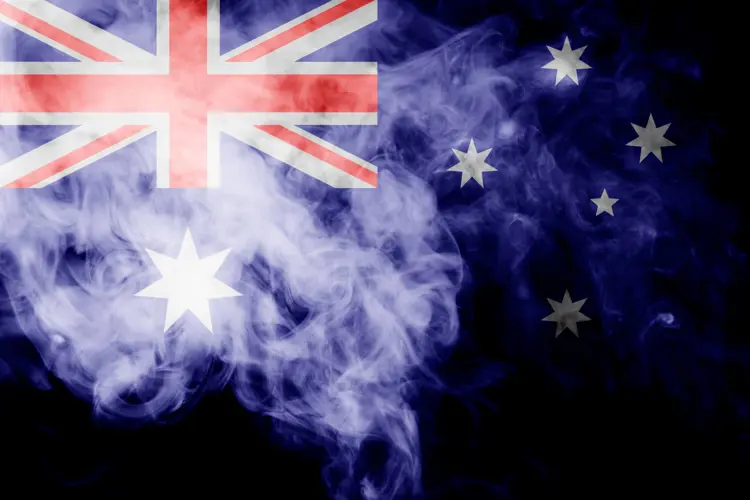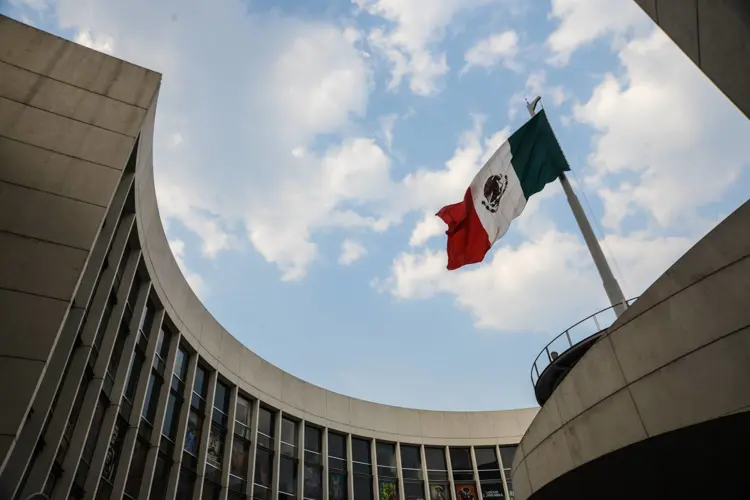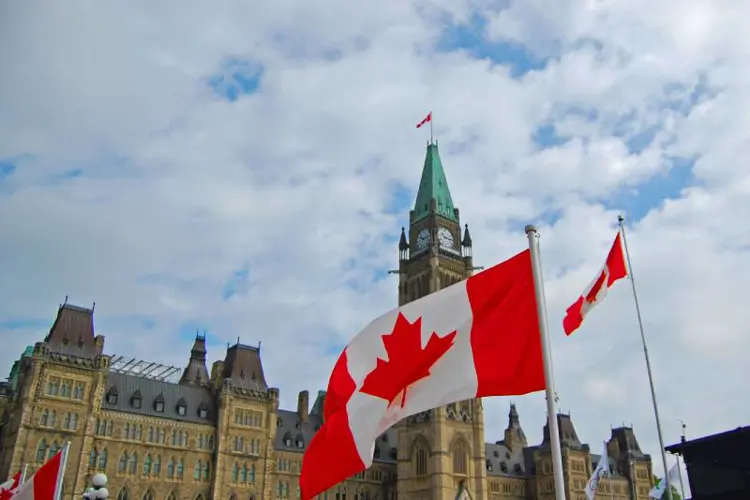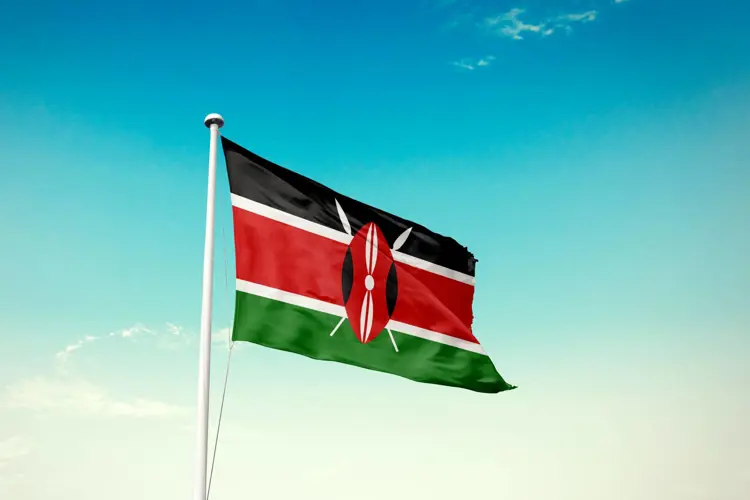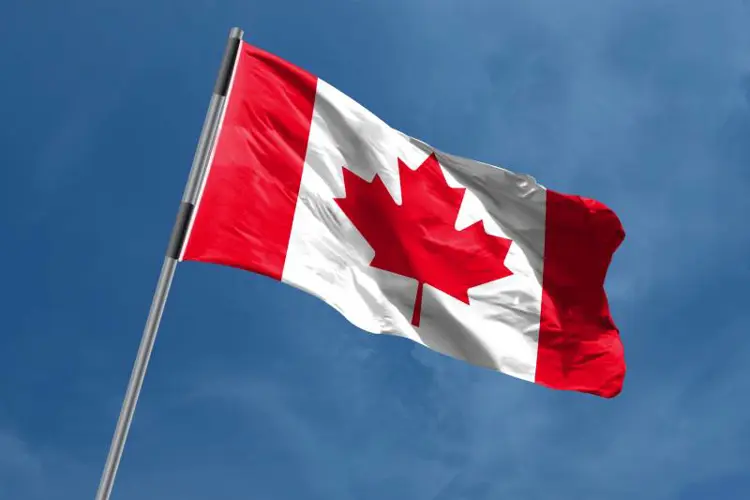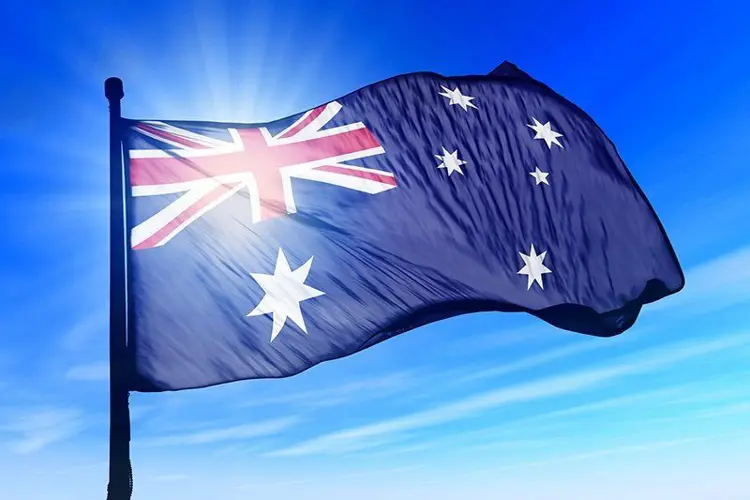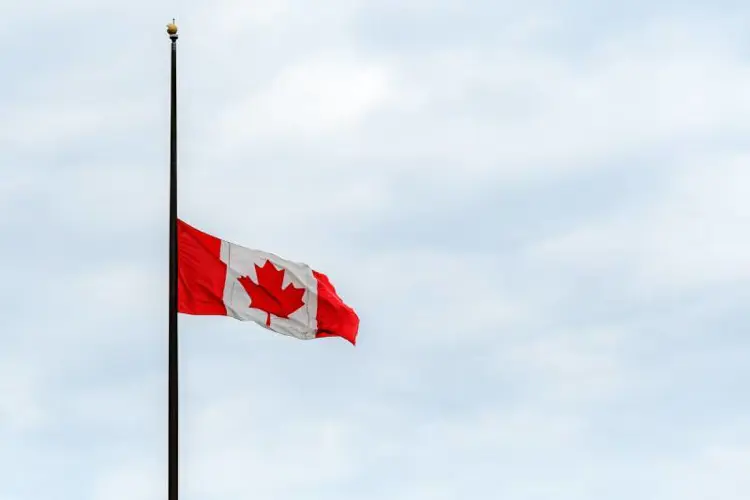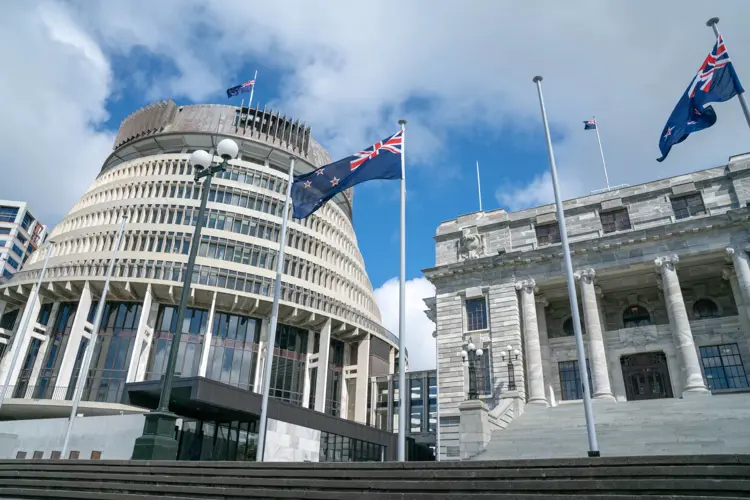New Zealand’s new government intends to repeal a controversial package of prohibitionist tobacco laws passed last year and scheduled to take effect in 2024. The plan includes a so-called “smokefree generation” law, mandated reduction of nicotine in cigarettes to non-addictive levels, and a limit on the number of stores allowed to sell tobacco.
The new coalition government still intends to ban disposable vapes, but is calling for reform of smokeless tobacco and oral nicotine regulation, which could mean future legalization of snus and nicotine pouches.
New Zealand: tobacco control guinea pig no more
New Zealand is currently scheduled to become the first country in the world to implement a smokefree generation law and a very low nicotine (VLN) cigarette mandate—policies favored by many tobacco control activists and progressive politicians.
The Smokefree Environments and Regulated Products (Smoked Tobacco) Amendment Bill, passed by New Zealand’s Parliament last December, was a pet project of outgoing Labour Party Prime Minister Jacinda Ardern. But Ardern left office in January, and her party lost its ruling majority in the October general election.
The new center-right coalition government said last week it intends to repeal the most controversial elements of the tobacco bill before they can take effect next July. Repeal will require a parliamentary vote.
The smokefree generation law would prevent the sale of combustible tobacco products to anyone in New Zealand born on or after Jan. 1, 2009. The very low nicotine mandate (sometimes called “denicotinization,” even though it doesn’t force all nicotine to be removed) would ban the sale of cigarettes containing addictive levels of nicotine. The limit on retailers would reduce the number of licensed tobacco outlets from 6,000 to 600.
Even many proponents of the Ardern government’s coercive tobacco legislation concede the laws would increase tobacco smuggling and could fuel a growing black market. But some believe the island country is a perfect laboratory for tobacco law experiments, because of its small population (5.1 million residents) and geographic isolation.
Similar laws proposed in other countries
In October, Conservative UK Prime Minister Rishi Sunak announced a smokefree generation plan for England that was patterned on the New Zealand law. A public consultation on the British proposal is currently underway, and Sunak insists he intends to pass the generational ban.
Scotland is considering a version of the generational ban that would also include a ban on the sale of vaping products to people born after 2009.
In Malaysia, a proposed tobacco control bill originally included a generational ban (there including vapes, and called the “generational endgame” or GEG), but the generational component was dropped this month after the country’s attorney general determined it was unconstitutional.
In the United States, the Food and Drug Administration (FDA) announced in June 2022 it will introduce a cigarette product standard that would limit nicotine content to sub-addictive levels. So-called “very low nicotine” (VLN) cigarettes, which contain about five percent the nicotine found in a standard commercial cigarette, are already available on the U.S. market, but are not popular.
The Freemax REXA PRO and REXA SMART are highly advanced pod vapes, offering seemingly endless features, beautiful touchscreens, and new DUOMAX pods.
The OXVA XLIM Pro 2 DNA is powered by a custom-made Evolv DNA chipset, offering a Replay function and dry hit protection. Read our review to find out more.
The SKE Bar is a 2 mL replaceable pod vape with a 500 mAh battery, a 1.2-ohm mesh coil, and 35 flavors to choose from in 2% nicotine.
Because of declining cigarette sales, state governments in the U.S. and countries around the world are looking to vapor products as a new source of tax revenue.
The legal age to buy e-cigarettes and other vaping products varies around the world. The United States recently changed the legal minimum sales age to 21.
A list of vaping product flavor bans and online sales bans in the United States, and sales and possession bans in other countries.







